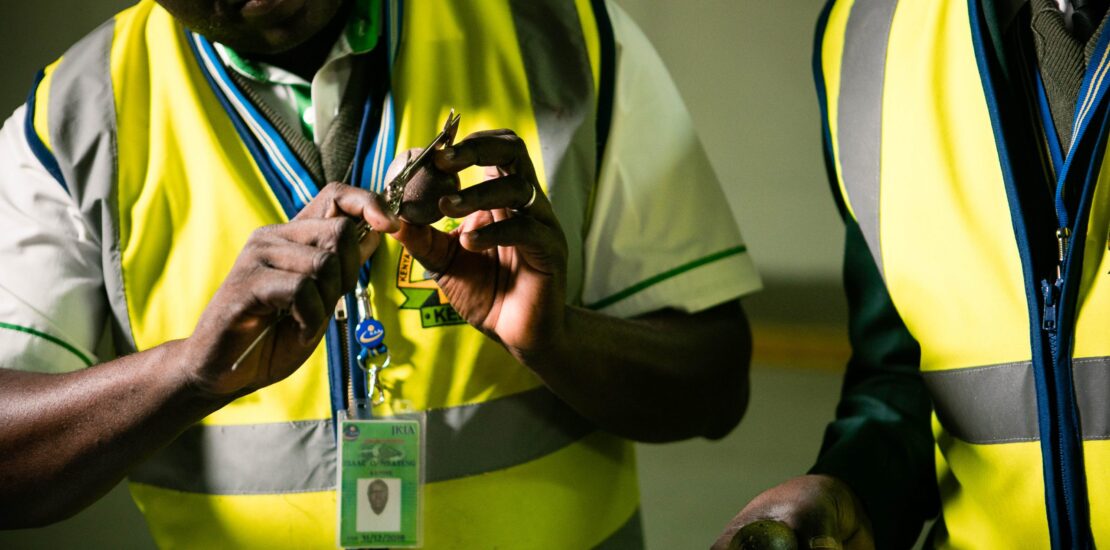Regional e-meetings on EU phytosanitary legislation, Brexit and more
- 16/12/2020
- Posted by: Emmanuel Bourcelet
- Category: Africa, Benin, Burkina Faso, Burundi, Cape Verde, Comoros, Côte d'Ivoire, Eswatini, Gambia, Ghana, Guinea, Guinea-Bissau, Kenya, Liberia, Madagascar, Malawi, Mali, Mauritius, Niger, Nigeria, Pacific, Rwanda, Senegal, Seychelles, Sierra Leone, Togo, Uganda, Zambia, Zimbabwe

During December, COLEACP began a series of regional e-meetings for National Plant Protection Organisations (NPPOs).
The first was held in collaboration with the Common Market for Eastern and Southern Africa (COMESA) on 4 December. It was followed by an e-meeting on 15 December for Economic Community of West African States (ECOWAS) countries.
The third session, for Pacific NPPOs, will be on 17 December (in English).
The series will continue in 2021, with key topics including (among others) lists of regulated pests; awareness-raising on TR4 (banana fusarium wilt, Fusarium oxysporum f.sp. cubense tropical race 4); ePhyto certificates; Brexit; and the TRACES platform.
COLEACP’s Fit For Market SPS programme supports NPPOs from ACP countries to strengthen their sanitary and phytosanitary (SPS) control systems. This series of regional webinars, usually held in collaboration with key regional organisations, aims to update and discuss key plant health issues affecting NPPOs and the fruit and vegetable sector. The meetings consist of short presentations and discussions giving an overview of the main changes in the EU plant health regulations, and enabling discussion of any issues that NPPOs are experiencing as a result of the new rules. Topics covered include completion of phytosanitary certificates; prior information requirements for priority quarantine pests on some fruit and vegetables; and information on Brexit-related issues affecting ACP horticultural exporters.
These interactive sessions aim to promote the exchange of information and experiences between the participants and the COLEACP team. Key issues identified by participants in the first two meetings include the complexities NPPOs face in keeping up-to-date with the evolving EU legislation and adapting their electronic systems. Systems approaches need to be correctly implemented in order not to lose the trust of EU importing countries. New management approaches will be needed for both the private sector and NPPOs to enable collective efforts to address the new requirements. The private and public sectors need to work hand-in-hand to ensure conformity of products for export.



